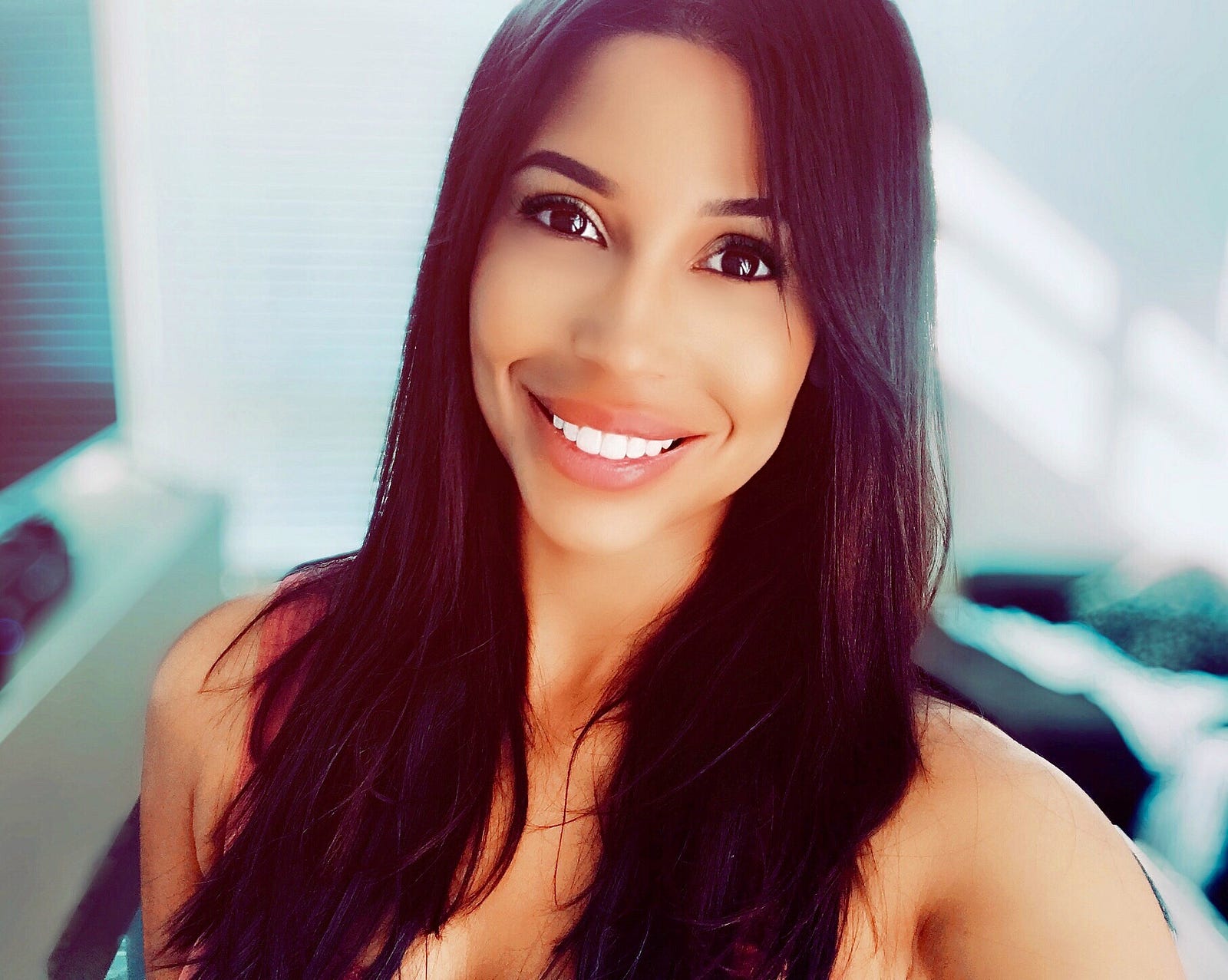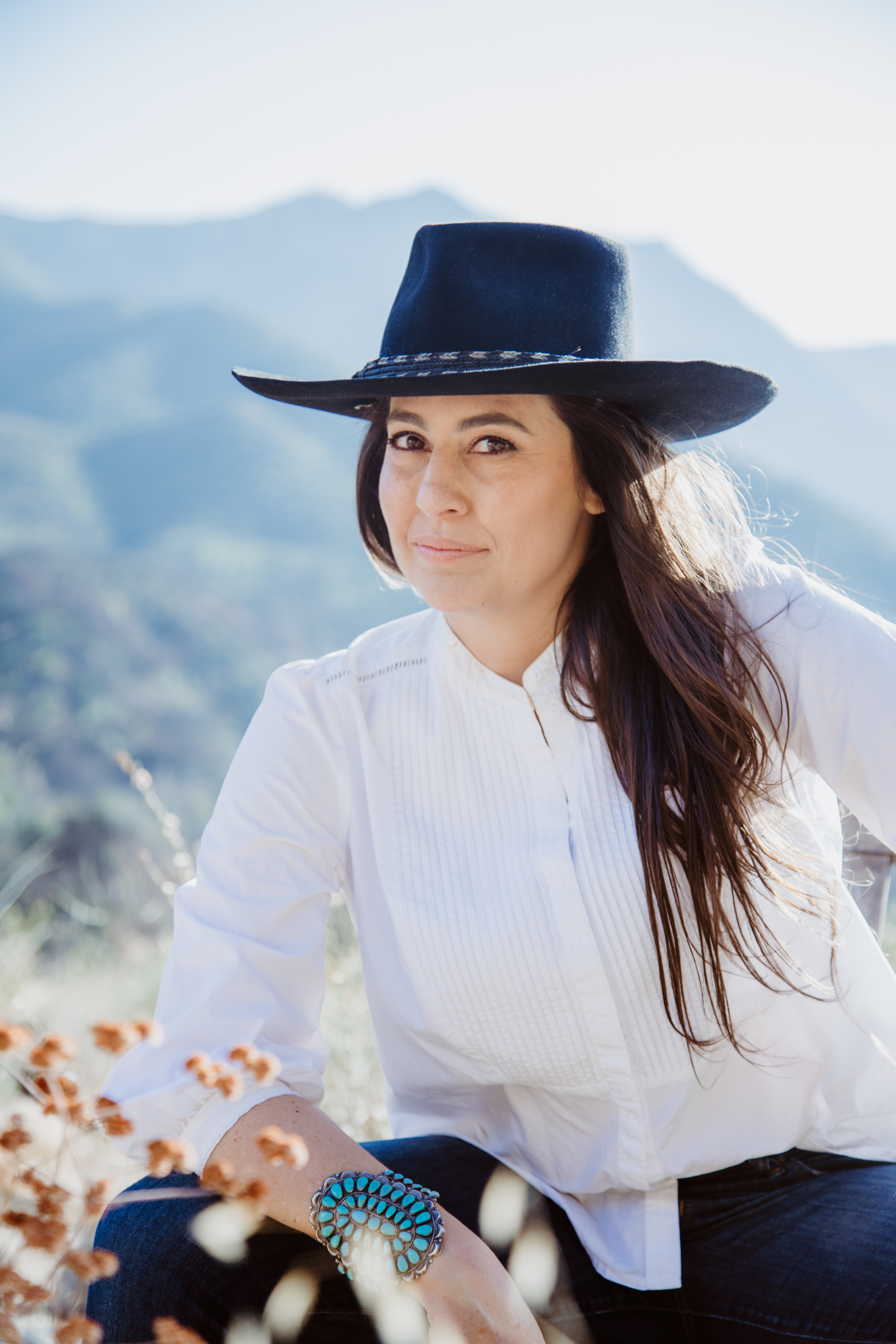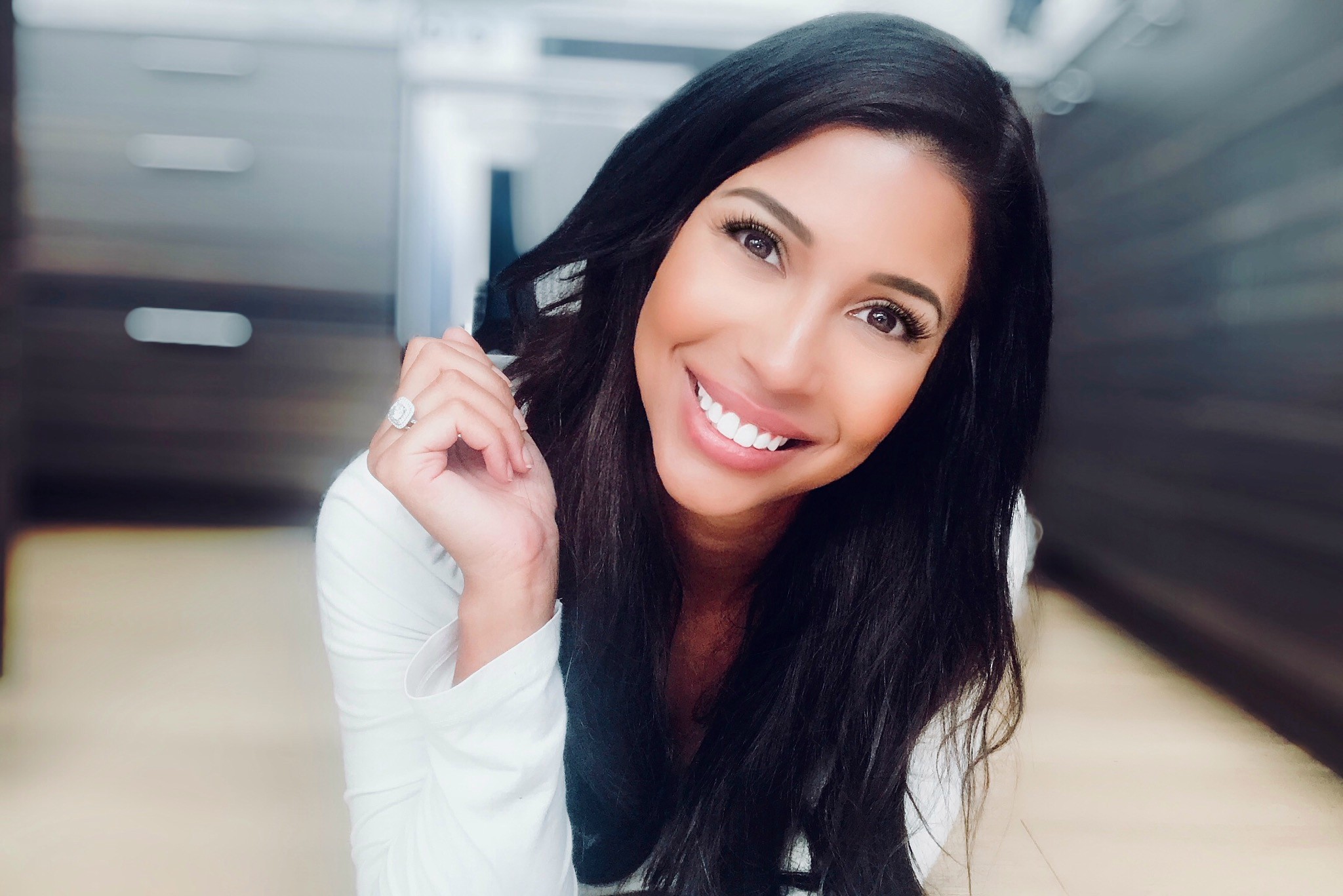As a part of my series about “Mental Health Champions” helping to normalize the focus on mental wellness, I had the pleasure to interview Tassja Cadoch is a model turned mental health activist, speaker and social media influencer who strives to help sufferers of mental health illnesses find their ground. With a background in film production both in front of and behind the camera, Tassja has worked as a makeup artist for Donald Trump, been featured in music videos for artists like Drake and Snoop Dog, and even made a small cameo as an “Unfriendly Black Hottie” in the popular teen comedy, “Mean Girls”. Tassja has seen and experienced a lot in her young life. When panic attacks and related anxiety grew into full-blown depression, she knew that she needed help. Unaware of what the source of her illness was, she set out to find information on her malady and discovered that she was suffering from scrupulosity.
Thank you so much for joining us! Can you tell us the “backstory” about what brought you to this specific career path?
For many years, I was a recognizable figure in the Toronto film industry, first starting out as a print model, and then transitioning into the world of music videos. I worked both in front of the camera as an extra and model, as well as behind the lens as a professional makeup artist. Doing both of these roles allowed me to really get my feet wet in a coveted industry, one that many believed to be nothing short of exciting.
I loved being in front of the camera and I couldn’t have been happier with the way things were going career-wise, but behind the scenes, I was suffering from a mental health disorder called scrupulosity. It was so bad that I couldn’t function at work, I went to bed in fear, woke up in fear and would ruminate about my fears all day long. I felt like I was going crazy. I knew that I wasn’t being rational, but I couldn’t overcome the intrusive thoughts and the constant feeling of impending doom. Scrupulosity had a snowball effect on me, and over time, I was also diagnosed with depression and panic disorder.
Having an invisible illness is difficult because a lot of people don’t view it as valid. It’s a double-edged sword, because if you have an episode and people witness it, automatically they will label you as crazy or unstable. That’s one of the many stigmas that come along with having a mental illness.
My battle with my mental health has shown me the importance of mental wellness. Everything in life is determined by our perception. Because our perception is our reality, it shapes how we view the world; and that can be a very scary place for someone who’s suffering from mental illness.
It was the stigma that inspired me to use my voice to advocate for those who suffer in silence. It IS okay to not be okay, and it’s time that we start accepting that there is no such normal.
According to Mental Health America’s report, over 44 million Americans have a mental health condition. Yet there’s still a stigma about mental illness. Can you share a few reasons you think this is so?
I believe that people operate from one of two places: love or fear. It’s natural to fear the unknown, but ignorance can be detrimental to society. To me, the stigma surrounding mental health is propagated solely by fear.
Before the discoveries made through science and medicine, people with mental illness would be “treated” with exorcisms and lobotomies. This speaks to the fear that I believe developed these “solutions”. I think that although we’ve evolved as a race, without understanding or experiencing mental illness firsthand, it can be scary to imagine what it’s like to have a psychiatric disorder. I don’t think everyone realizes that people who suffer from mental illnesses are just regular people. Many who have not had the chance to know or associate with someone who is suffering from mental illness are often sadly mistaken with assumptions and preconceived notions about these illnesses. It’s a vicious cycle.
Can you tell our readers about how you are helping to de-stigmatize the focus on mental wellness?
I started a movement on Instagram called #NOSUCHNORMAL. This movement was created as both an outlet for people who suffer from mental health to connect with others, as well as a virtual online support system and community. The hashtag gives people a safe place to speak openly about their illnesses and provide each other with a network of support.
#NOSUCHNORMAL is my dream. The goal is to get people talking shamelessly about these mental plagues. I hope that #NOSUCHNORMAL helps to decrease the stigma surrounding mental health, but also, to shift the status quo and the unrealistic expectations of society.
Was there a story behind why you decided to launch this initiative?
My experience through scrupulosity made me think that I was some kind of anomaly. I had never heard of this condition before and decided to document my struggles in a blog.
I unapologetically opened up about my battle, and before I knew it, I started receiving messages from men, women, and teenagers from across the globe, thanking me for my bravery.
It was these messages that opened my eyes to the longing and desire that so many people have. Many people feel as though they lack the ability and courage to speak openly about their battle with mental health. The humility and shame that I saw, prompted me to take more of a stand as a mental health activist.

In your experience, what should a) individuals b) society, and c) the government do to better support people suffering from mental illness?
- I think it would make a huge difference if people were better educated in school and the workplace; specifically about what to do if they are around someone who is exhibiting symptoms of a mental health episode. This would ensure that individuals are better equipped to deal with a situation when it arises.
- Society needs to stop referring to mental disorders as adjectives. The same way it’s important to be politically correct when referencing people of different ethnicities and sexual orientations, this applies to mental health as well. For example, it’s unacceptable to say “That person is psycho” or “I’m so OCD”. Even calling people “crazy” has similar implications.
- Mental illness is an epidemic. The government needs to realize their responsibility to educate the citizens of the world about mental health. If billions of people are affected, it’s critical that society is provided with the information needed to be supportive and empathetic, the same way we would be when dealing with a person who has asthma or diabetes. Also, mental health coverage (including, but not limited to psychiatry and psychotherapy) should be included in all regular health care insurance plans.
What are your 6 strategies you use to promote your own wellbeing and mental wellness? Can you please give a story or example for each?
- Mindfulness and meditationcan be extremely helpful when experiencing a panic attack. I try to be proactive and practice relaxation techniques for at least 5 minutes, daily. This could be anything from listening to a guided meditation on youtube, to silently focusing on the things I am grateful for in life. I’ve noticed a significant shift in my mood since starting this daily ritual.
- Journalinghas made a huge difference in my life. I wish I had started sooner. It’s a great way to let out your frustrations and gain a meaningful understanding of your state of mind.
- I’ve created a personal mantra, “fear is a liar”. When I start noticing early signs of anxiety, I stop, breathe and repeat the mantra in my head until I’m calm again.
- Aromatherapy rollers are amazing. It’s been proven that sniffing lavender oil during an anxiety attack can be just as effective as pharmaceuticals. One study, published in the journal Phytomedicine, showed that lavender can be just as powerful as the drug lorazepam, minus the sedative effects. I find it helpful to roll a little on my temples and at the tip of my nose.
- I practice karmic balanceand always pay it forward in any way I can. I find that helping others and showing kindness to everyone I meet, does wonders for my mental wellbeing.
- I reflect on my actions and reactions. I try to learn from every negative thought, feeling, and experience I encounter. I believe there is wisdom to be found in every hardship, and often, the things we react strongly to can surely be found somewhere within ourselves. Recognizing that is extremely powerful.

What are your favorite books, podcasts, or resources that inspire you to be a mental health champion?
I highly recommend “The Untethered Soul” by Michael A. Singer. I found this book to be incredibly insightful. I can honestly say that it has enlightened me and changed me for the better.
I also loved “The Universe Has Your Back” by Gabrielle Bernstein. I became a huge fan of hers reading this book. Gabrielle is the one who taught me about having a personal mantra!
Finally, my all-time favorite is “The 50 Primary Universal Laws” by Dick Sutphen. It completely altered the way I view life. After reading it, I became inspired to look for the wisdom in my life lessons. That in itself has helped me grow exponentially.
Thank you so much for these insights! This was so inspiring!


